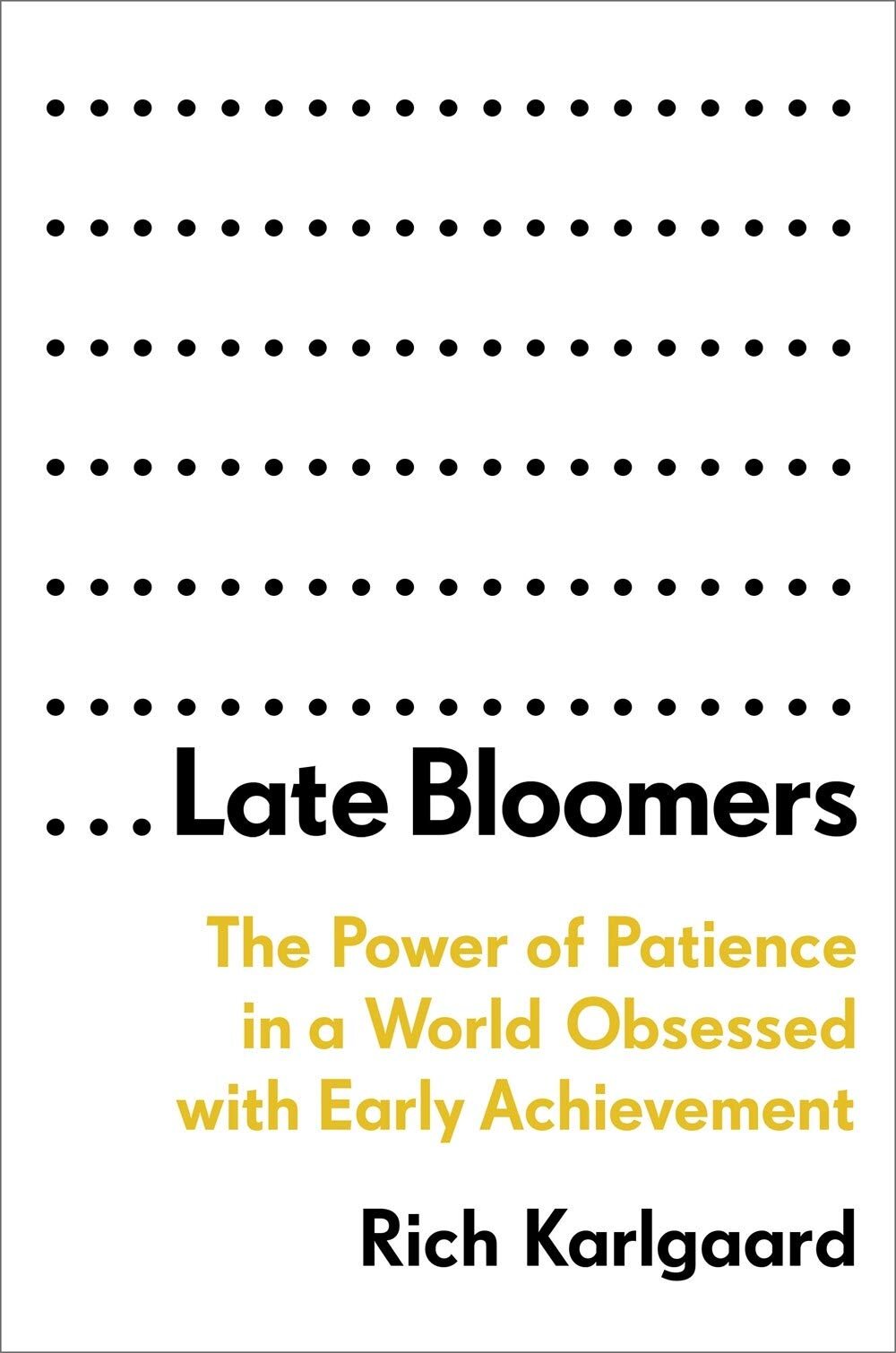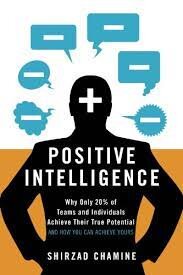The book that can help us rethink our early achievement culture

In Late Bloomers, Karlgaard sheds a light on the negative consequences of our culture\’s early achievement-obsession, chronicles the history of standardized testing that lead to its creation, and lastly, gives anecdotes and scientific evidence for the benefits of achievement later in life.
The first part of the book detailing the negative consequences of our culture will resonate with Millenials, Gen Zers, and the people who taught and raised them. Karlgaard shares some haunting statistics that show what all the unnecessary pressure has done: like that children in the United States are 14 times more likely to be on medication for ADD than in the U.K., that American teenagers are 5 to 8 times more likely to be depressed than teenagers 50 years ago, and that rates of depression and anxiety have jumped by 70% in 20 years.Past this first part, the book dragged on and felt like it could have been condensed into an article. But I still greatly appreciated its message and recommend to skim through it at a bookstore or library.






